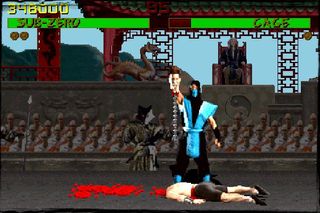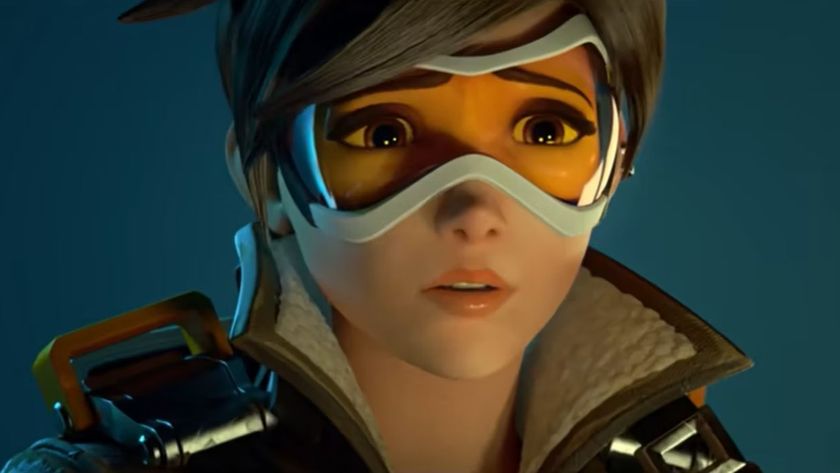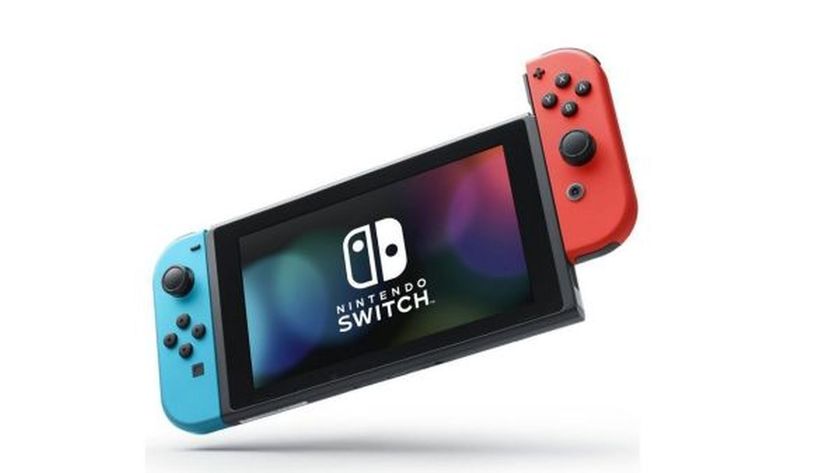The Top 7... Nintendo mistakes
How the videogame giant became the world's favorite underdog
4 - Censorship and the unshakable "kiddy" image
If you're trying to sell video games to kids in the '80s, the last thing you want to be seen as is "uncool." But for a while there it seemed like Nintendo was going out of its way to look and act like a parent desperately trying to protect his children from the outside world yet also appear hip and "with it." Initial censorship, like removing overt religious icons or scenarios from Japanese games, made sense. Scantily clad women would often receive a few extra strands of clothing, that's nothing too crazy either. But the constant badgering of third parties to remove references to Hitler or words such as "devil," "death" or "hell," had to be grating. Even more so when Nintendo's main rival, Sega, didn't seem to really mind a lot of the same content. Sega also left the precious blood in the first home port of Mortal Kombat - Nintendo saw fit to force publisher Acclaim to replace the blood with sweat.
With this one act, the thought that Nintendo was a little too family friendly came out into the open for all the playgrounds and college dorms to see. We can't rip off someone's head in the Super NES Mortal Kombat? Fine. See you at Matt's house. He has a Genesis.

Once Mortal Kombat II came to the SNES, the blood was a go, due to the verbal and sales thrashing Nintendo received. But this problem isn't about lost sales, it's about perception. After this point, it wasn't "cool" to like Nintendo anymore. All the fanatics of the '80s were ga-ga over Sonic the Hedgehog, and all the mushroom-eating plumbers in the world couldn't make the company seem as edgy as Sega. To top it all off, once the videogame violence topic hit congress, Nintendo brought its own version of MK to prove how "safe" its version was compared to Sega's uncensored Kombat. Essentially, Nintendo was tattling on Sega. If there's a better way to simultaneously look like an asshat and make the other guy appear cool as hell, we'd love to hear it.
Nintendo, once the epitome of cool, was surpassed by Sega, then by Sony and astonishingly fast by Microsoft (the Xbox went from non-issue to major player in about a month). And whenever it tried to cover this image up with the "in your face" ads of the "Play It Loud" era, kids across the country were smart enough to tell the difference between real cool and real stupid.
Once Mortal Kombat II came to the SNES, the blood was a go, due to the verbal and sales thrashing Nintendo received. But this problem isn't about lost sales, it's about perception. After this point, it wasn't "cool" to like Nintendo anymore. All the fanatics of the '80s were ga-ga over Sonic the Hedgehog, and all the mushroom-eating plumbers in the world couldn't make the company seem as edgy as Sega. To top it all off, once the videogame violence topic hit congress, Nintendo brought its own version of MK to prove how "safe" its version was compared to Sega's uncensored Kombat. Essentially, Nintendo was tattling on Sega. If there's a better way to simultaneously look like an asshat and make the other guy appear cool as hell, we'd love to hear it.
Sign up to the GamesRadar+ Newsletter
Weekly digests, tales from the communities you love, and more
Nintendo, once the epitome of cool, was surpassed by Sega, then by Sony and astonishingly fast by Microsoft (the Xbox went from non-issue to major player in about a month). And whenever it tried to cover this image up with the "in your face" ads of the "Play It Loud" era, kids across the country were smart enough to tell the difference between real cool and real stupid.
A fomer Executive Editor at GamesRadar, Brett also contributed content to many other Future gaming publications including Nintendo Power, PC Gamer and Official Xbox Magazine. Brett has worked at Capcom in several senior roles, is an experienced podcaster, and now works as a Senior Manager of Content Communications at PlayStation SIE.

After struggling to make sequel-sized changes, fans think Blizzard might retire the '2' in Overwatch's name based on Season 16 leaks

Former PlayStation boss says the Nintendo Switch 2 will determine if the OG Switch can ever claim PS2's best-selling console of all time title











